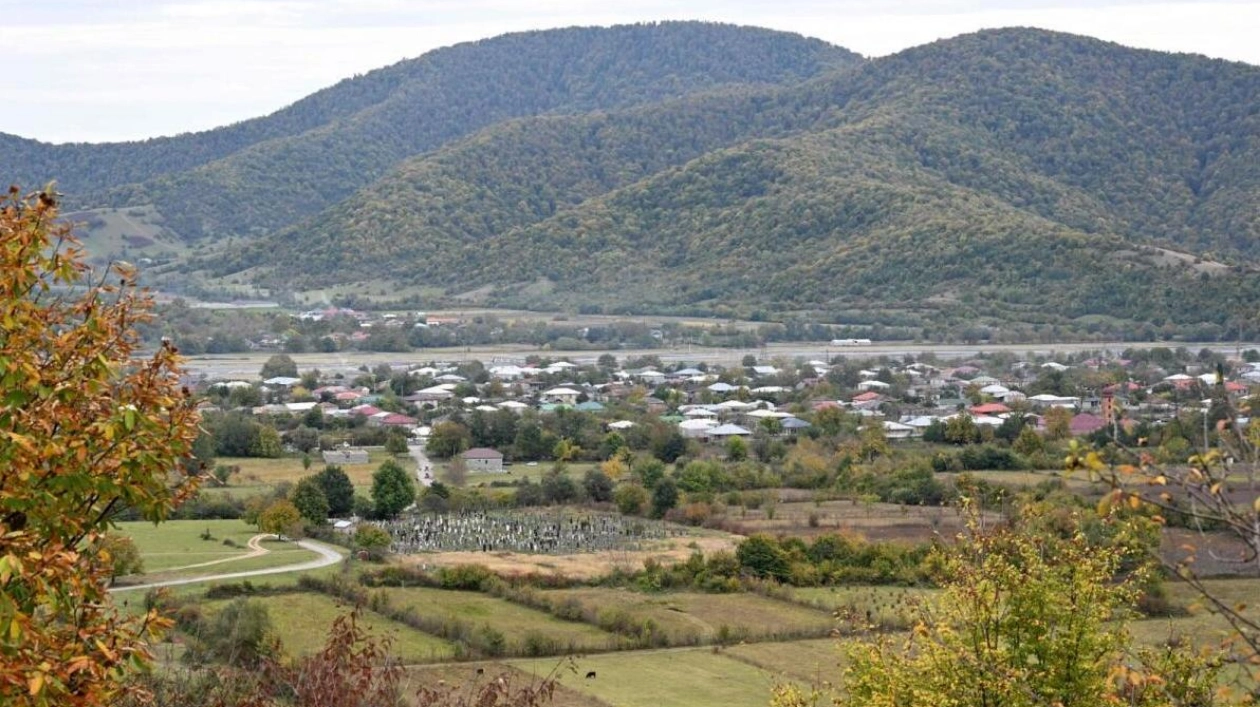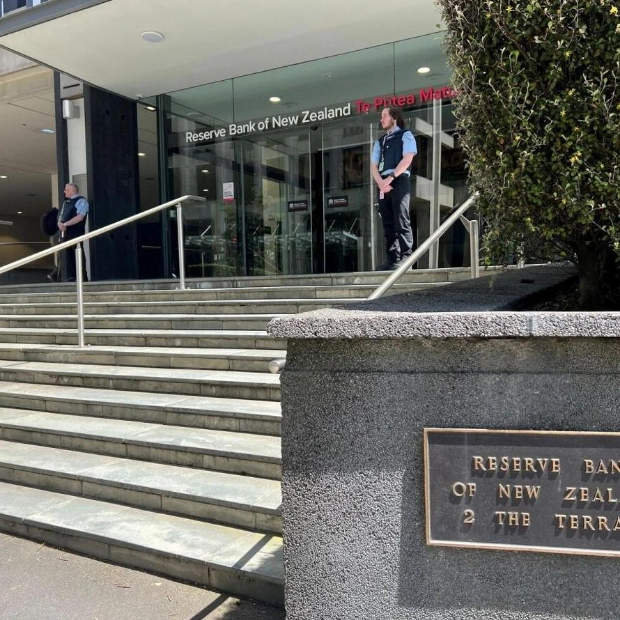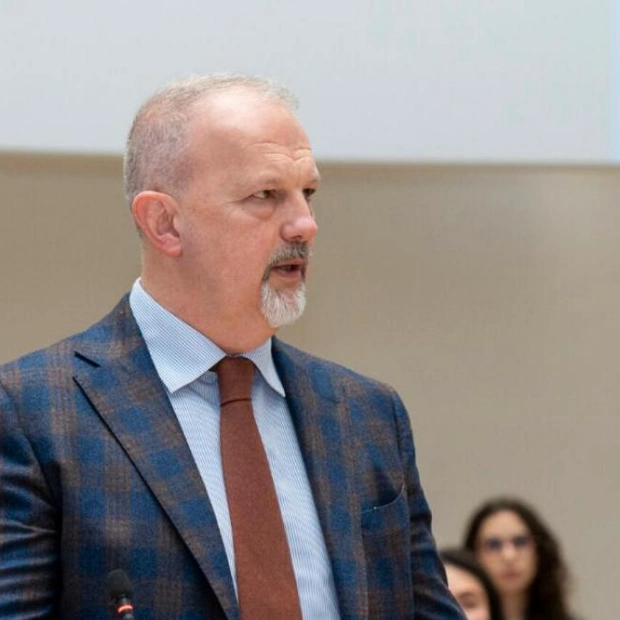The village of Omalo in Georgia's northeastern Pankisi Gorge. — AFP
Baker Sergo Gornakashvili, who grew up near Georgia's Pankisi Gorge, was haunted by the echoes of the wars in nearby Chechnya. He eventually traded his apron for a rifle and died on the front lines of Ukraine. His life and death at the age of 36 reflect Kyiv's struggle for survival and the reverberations of the 1990s conflicts in the Caucasus. These events are the aftershocks of the geopolitical upheaval that began with the collapse of the Soviet Union and continued with Moscow's quest for its lost glory.
"He witnessed many horrors, but he did not change much. He always remained smiling, kind, and loving," said his younger brother, Dimitri Gornakashvili. "No one could make him repeat a lie."
AFP retraced Sergo's journey, starting in the village of Omalo in Georgia's northeastern Pankisi Gorge. This area is predominantly inhabited by the Muslim Kist minority, who migrated from nearby Chechnya in the 19th century. During the two Chechen wars of 1994-1996 and 1999-2009, the volatile region became a refuge for Chechen rebels and thousands of civilian refugees who crossed Georgia's porous mountain border to escape the conflict.
In 2004, with support from Washington, the Georgian government expelled guerrillas from Pankisi. However, by the 2010s, dozens of local Kists had joined the Daesh group. Hearing a journalist introduce himself in Russian, Tamaz Tsintsalashvili, Sergo's uncle, subjected him to a piercing gaze and a vice-like handshake as he responded — half-ironically — "I hate Russians" in Russian. The 69-year-old is a prominent figure in the Pankisi Gorge; he claims to have been an oil entrepreneur in Grozny, the Chechen capital, where he endured Russian bombings, as well as a coach for Egypt's youth Greco-Roman wrestling team.
This spring, shortly before he was killed, Sergo visited Tsintsalashvili, his father's cousin whom he knew since childhood, in Omalo, where he runs a wrestling club. "When Sergo came with his brother, he asked me to visit the cemetery with him. He went to the graves of his ancestors," said the older man. "It was as if he was bidding us farewell."
Born in Ukraine to a Kist father and Ukrainian mother, Sergo moved with his brother to the Georgian town of Akhmeta and converted to Orthodox Christianity at the age of 20. Speaking to AFP in Akhmeta, Sergo's teacher Mzia Sekhniashvili, 68, remembered him as an intelligent, athletic student who made his female classmates' hearts flutter. Sergo attended school during the chaos that followed the Soviet Union's disintegration, witnessing Georgia ravaged by separatist wars, which Moscow fueled in its two regions of South Ossetia and Abkhazia in the early 1990s.
In 2007, Sergo moved to Ukraine to pursue a professional football career, though he was ultimately unsuccessful, his brother Dmitri said. On Facebook, Sergo condemned Russia's 2008 invasion of Georgia and its aggression in Ukraine, and often posted photos of the Georgian mountains. In 2021, he opened his own bakery in Kyiv, making Georgian specialties such as khachapuri bread with cheese. When the Kremlin unleashed an all-out war on Ukraine in 2022, he first took his wife and daughter to Poland, then returned to Ukraine, joined the army, and fought in the grueling battle of Bakhmut.
In late May 2024, he was killed while fighting in a special unit of Ukraine's military intelligence in the Kharkiv region, then under heavy pressure from Russian forces. At his funeral in Kyiv, his widow held a four-month-old boy, his third child. Before his death, he had helped his brother Dimitri, 34, move from Russia to Tbilisi. "We supported each other," Dimitri said, recalling the happy moments of their childhood: playing football at the stadium, swimming in the river, going to the mountains. "We often fought," Dimitri said with a smile. "But, as a big brother — I didn't realize it back then — he was also fighting to protect me."
Source link: https://www.khaleejtimes.com






